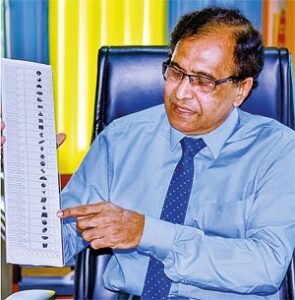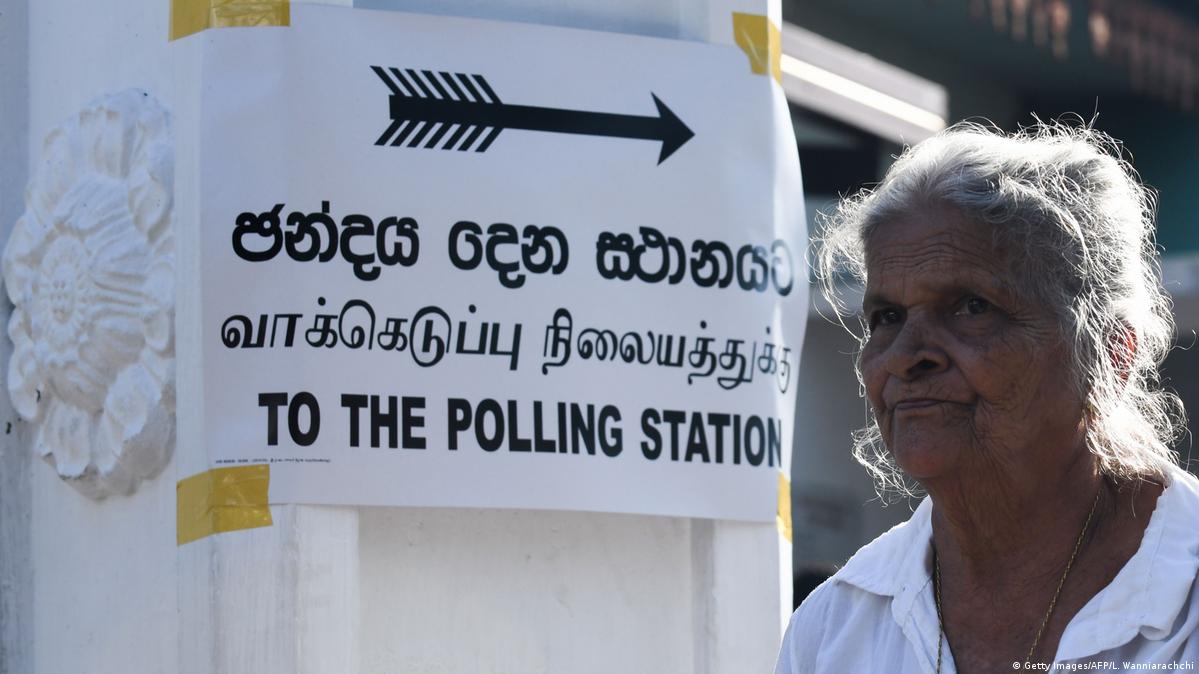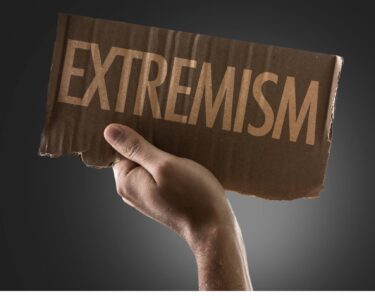Sri Lanka’s Election Commission Prepares for Presidential Election
As Sri Lanka gears up for its upcoming presidential election, the Election Commission, led by Chairman R.M.A.L. Ratnayake, is working diligently to ensure the process runs smoothly and fairly.

Official Announcement and Timelines
The Commission is constitutionally empowered to announce the presidential election after July 17, with the election to be held between September 17 and October 16. Nominations will be accepted within 16 to 21 days of the announcement, which is expected by late July or early August. The election date will be set two weeks before the October 16 deadline to allow time for a potential repoll.
Budget and Logistics
The government has allocated ten billion rupees for the election, which is expected to cover the costs given the relatively straightforward logistics compared to local council elections. The Election Commission plans to print one ballot paper for the entire country, simplifying the process and reducing costs.
Voter Registration
The estimated number of registered voters for the upcoming election is around 17 million. The Commission is expediting voter registration, adding new eligible voters every four months. In the first quarter of this year, about 74,000 new voters were added to the register.
International and Local Observers
The Commission plans to invite international election observers, including representatives from the European Union, the Commonwealth Secretariat, and the Asian Network for Free Elections. Discussions are also ongoing with local election monitoring groups to ensure comprehensive oversight. Local observers will have specific roles, such as monitoring polling stations and conducting mobile patrols, but they will not be allowed inside counting centers.
Social Media Regulation
The Commission is developing a program to regulate social media during the election. Several organizations have expressed interest in collaborating, and discussions are underway with major platforms like YouTube, TikTok, and Facebook. The Commission aims to set up an action plan with these companies to monitor online activity effectively.
Election Violence Monitoring
A special unit will be established at the Election Commission to monitor election-related violence and ensure fair practices. This unit, staffed by police officers and overseen by a Deputy Inspector General, will track issues such as the distribution of goods and the abuse of state property. Similar units will be set up in all 25 district election offices.
Logistical Preparations
The Commission is surveying district staff to assess requirements for conducting the election, including staffing and vehicle needs. Preparations for polling stations are underway, with plans to use schools, religious places, and other suitable locations. Special arrangements will be made for differently-abled persons, including easy access and special stencils for visually impaired voters.
Postal Voting and Legal Amendments
Discussions are ongoing about allowing certain groups, like hospital and airport staff, to vote via post or at special polling booths. However, the relevant bill has not yet been approved by Parliament. Currently, postal voting is only available for those involved in conducting the poll and security personnel.
Dual Citizens
Double citizens are not allowed to contest in the election, but they retain all other voting rights.
Sri Lanka’s Election Commission is committed to ensuring a fair and transparent presidential election, addressing various logistical, regulatory, and security challenges to make the process smooth and credible.







